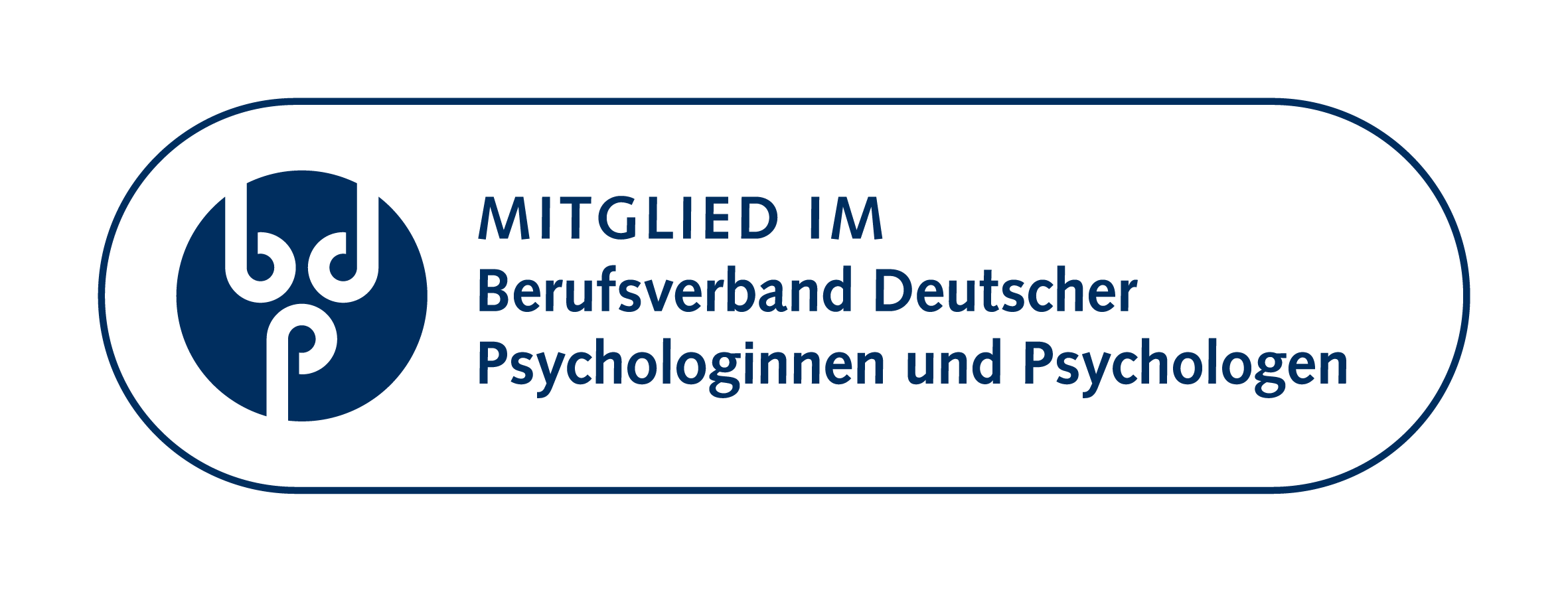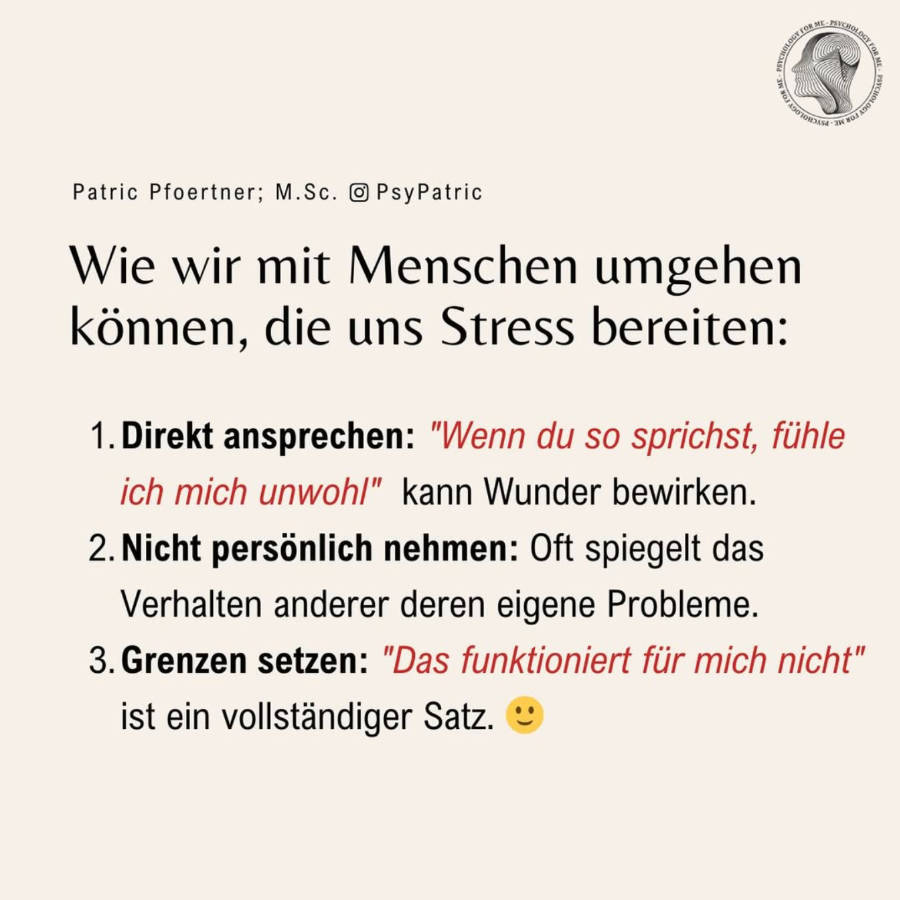Understanding Your Emotional Well-being: A Guide
Taking a self-assessment test about your emotional state is a significant step, and it's normal to feel a mix of curiosity or apprehension. This "Psychological Well-being Test" offers a gentle, insightful glance into how you've been feeling and functioning. It’s an act of self-care to pause and reflect, and we're here to support you.
This self-assessment aims to:
- Provide initial insights into your current emotional and psychological state.
- Help you identify areas where you might be experiencing distress or challenges.
- Serve as a guide to consider whether professional support could be beneficial for your overall well-being.
As a professional psychologist, I often encounter common questions when individuals consider their mental health and well-being. Let's address some of these:
Why should I take a psychological self-assessment?
Self-assessment tests are powerful tools for increasing self-awareness. In our busy lives, it's easy to overlook subtle shifts in mood or energy. A structured self-assessment helps you recognize patterns and feelings, normalizing your experiences. Early recognition of psychological distress, like symptoms of depression or chronic stress, can lead to earlier intervention and better outcomes, empowering proactive steps for your mental health.
What do my test results mean?
It's crucial to understand that results from this "Psychological Well-being Test" are for informational purposes only; this is not a diagnostic tool. A low score indicates a healthy emotional state. A moderate score suggests some emotional discomfort, hinting that reflection or mild support could be beneficial. A high score suggests significant distress, indicating professional consultation is highly advisable. Think of these results as a compass, pointing towards areas that might need attention, rather than a definitive medical diagnosis.
When should I seek professional help for my emotional well-being?
Consider seeking professional help if your distress is persistent, intense, and significantly interferes with your daily life – whether in work, relationships, or personal activities. If you feel overwhelmed, find it difficult to cope, or notice a significant decline in your general functioning, these are strong indicators. If you experience thoughts of self-harm or hopelessness, reaching out to a mental health professional immediately is paramount. Seeking help is a sign of strength, not weakness; professionals provide tailored strategies and support.
What kind of help is available for psychological distress?
A wide range of effective support is available to address psychological distress. This often includes various forms of psychotherapy, such as cognitive-behavioral therapy (CBT), which helps you understand and change thought patterns and behaviors. Medication might be an option, often with therapy. Support groups can offer a sense of community. Lifestyle adjustments, like improved sleep hygiene and regular exercise, also play a vital role. The best approach is highly personalized, and a qualified mental health professional can help you navigate these options.
Your emotional well-being is as important as your physical health. We encourage you to use the insights from this test as a starting point for deeper self-exploration and, if indicated, to reach out for the professional support you deserve.
























